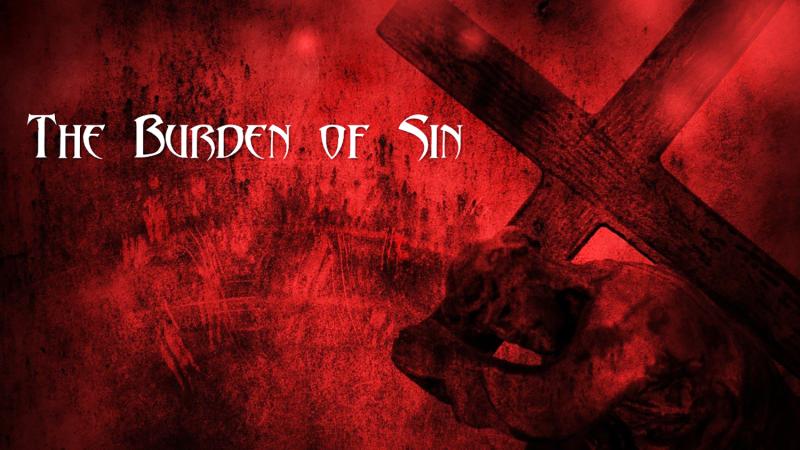
In a recent article, Rev. Michael Bresciani, editor and publisher of NewAmericanProphet.org, wrote “Make America Holy Again, has never been a political slogan.”
This one sentence resonated with this writer as few sentences ever have. In high school, the line from William Shakespeare’s play Macbeth states, “Tomorrow and tomorrow and tomorrow creeps in this petty pace from day to day ‘til the last syllable of recorded time,” and these words became stamped indelibly in my mind and remain so to this day more than six decades later. The absence of holiness as a common goal for Americans will likewise remain imprinted in my consciousness forever.
As I thought about this statement, it became clear that there are seven words that have gradually been disappearing from our churches, and are never used in evaluating any piece of news, any event, or any political or social aspiration in any public venue whether that venue be a TV show, graduation ceremony, political convention, gatherings of mens’ or womens’ organizations, or on radio talk shows. Those words are “holy,” “salvation,” “sanctification,” “providence,” “sin,” “repentance,” and the name of our Lord and Savior Jesus Christ.
Even assuming that it is possible to ...



